I’m pretty sure I need all new school…er, I mean office supplies
We are solidly in August and, at least in the Southeast, that means it is time for back to school! Target is filled with cute school supplies, I’m getting catalogs in the mail reminding me that my kids totally need adorable cardigans for the fall (while I sit here sweating in 97° heat), and I’m feeling that start-again-fresh energy in the air.
I have always loved this time of year. I was a kid who was pretty obsessed with school and by the time the last few weeks of summer rolled around I was chomping at the bit to get back to it. I loved learning and did well academically, which certainly helped, but I think the real reasons I loved school were social and material. I rarely got in trouble at school, but when I did it was because I wouldn’t stop talking. I LOVED coming to school with new supplies. I loved my gel pens and trapper keepers. I loved a fresh notebook and new pair of jeans. I loved it all.
And now I’m adult who apparently works all year long and doesn’t need school supplies to start out the new school year right.
Lame.
I’m trying to capture that same back-to-school energy this year -- 1) because it is fun, but also because 2) that energy is infectious! It helps me figure out what’s next. It helps me see growth potential and clarify my priorities. Every business owner (and human) needs that in their lives.
In an attempt to not go overboard with things that I don’t actually need, I’ve been working on a small back-to-school shopping list.
My Back-to-School Shopping List:
Notebooks (I use these mostly for action item lists, but also journaling and random brainstorming)
Stickers (I’ll probably share with my kids)
Fun folders to upgrade the ones I use all the time for domestic administration stuff
iPad cover to make it easier to use my iPad as a second screen when on the run
What about you? Are you gearing up for some back-to-school fun? Ignoring the sales altogether? Tell me alllll about it, friend.
As always, I’m rooting for you.
XOXO,









